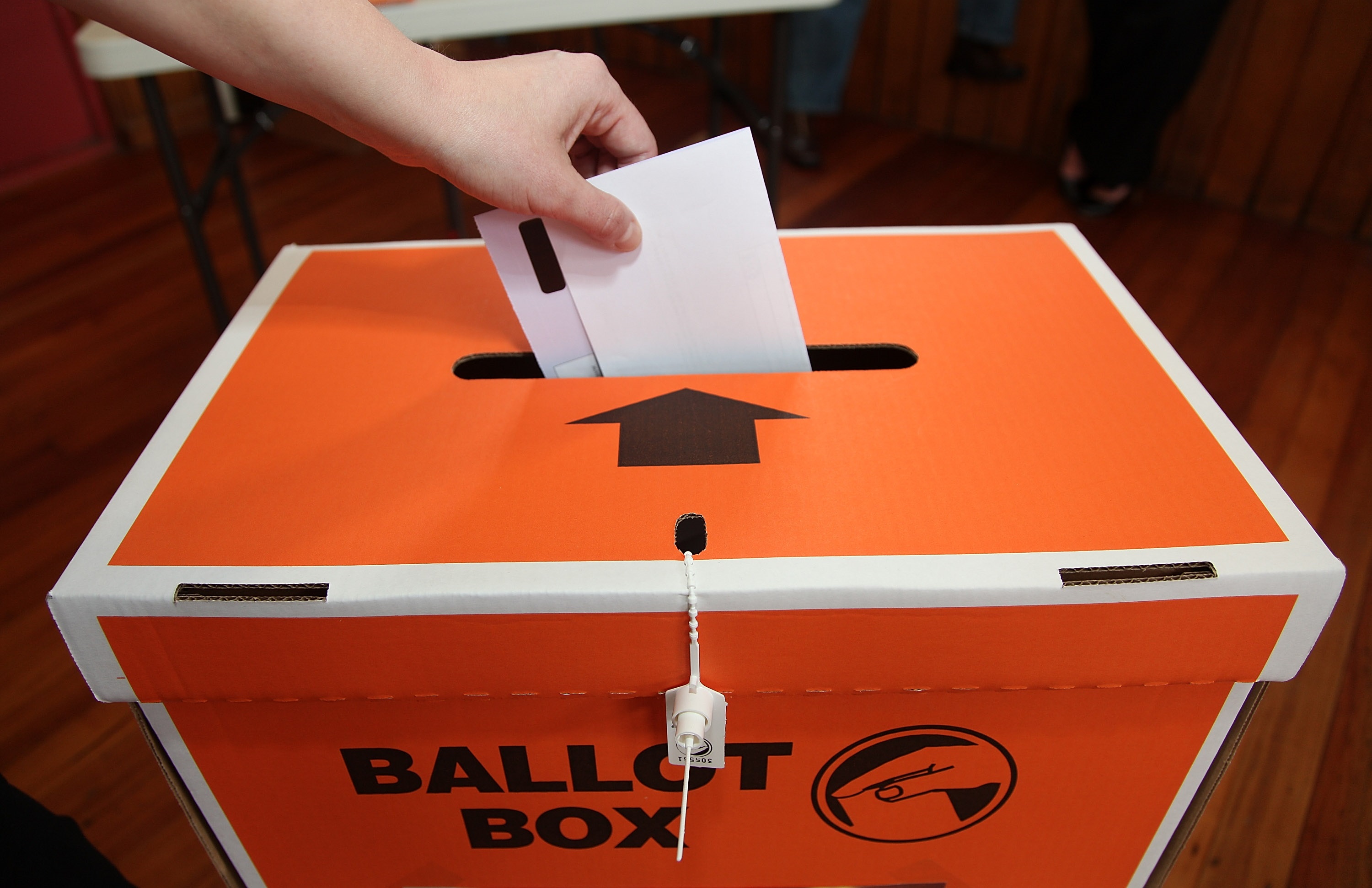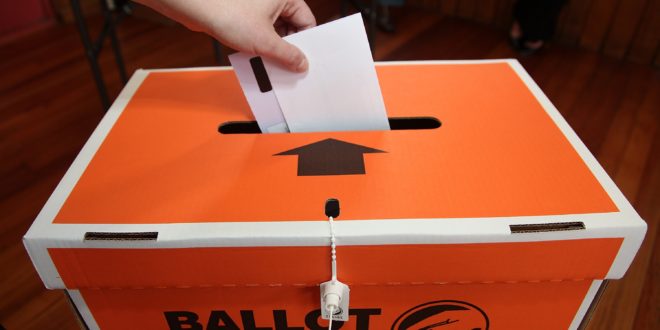OPINION: A regular feature of recent elections has been the questioning of MMP as a satisfactory way of electing a government. The logic of proportional representation is pretty much accepted, but is our form of it really satisfactory?
Once again, we have the situation where a minor party (only 7% of the vote) will determine who governs, and even worse possibly the content of some of the policy programme implemented. If this is done sensibly then the results may well be OK, but it is a risky system which depends on the leader of a minority party for a sensible result. I think the time factor is potential of concern too. Winston has effectively promised a result by the time the writs are handed in and a government can’t formally be formed before then anyway. But we are dependent on that undertaking.

There are some other trends too which are worrying. The Seymour situation in Epsom is really a travesty – that is a National seat and Seymour only holds it at National’s bequest. The hope was that Seymour would bring other Act MPs in on his coat-tails but that has not happened and in this case, is increasingly unlikely to happen. If Winston refuses to work with Seymour then the result will be that National effectively denies itself a seat in Parliament – because a genuine National candidate would very likely have won by a landslide.
The curse of the minor parties also seems to continue. Both United Future and the Maori Party were part of the last coalition, and they have now vanished from Parliament. It will be interesting to see whether the Maori Party comes back next time. In the meantime, we only have two minor parties which I don’t think is enough to provide the diversity that proportional representation is supposed to bring.
To their credit, Labour refused to do deals on seats. They voted as if it was a “first past the post” election, i.e. Party vote for Labour and a vote for the Labour candidate. And the Greens already had enough seats through their Party vote so that any deals done would probably have proved pointless.
None of this is new and MMP has been reviewed in the past with no change. I think one of the problems is that none of the parties want to be seen as “anti- proportional representation”. I doubt if there will be a review this time as well.
There is no doubt that proportional representation is general needs to stay. For example, I think it is valuable to have the Greens represented in Parliament because they do bring a special perspective and they have been effective in getting some environmental legislation through. One change that is often suggested is to reduce the threshold for entry to Parliament to 3 rather than 5% of the Vote. As it happens that would have made no difference this time, and 3% is getting pretty marginal in my opinion. I think 2% is too low for a small country like New Zealand. Another option would be to have a flexible margin so that for example if there were plenty of minor parties simply apply the 5% threshold but if relatively few make the 5% then be prepared to reduce to say 3% to allow more of the minor parties to get in.
It is more difficult to deal with the current Winston Peters situation. Although various rules could be imposed I could see difficulties with all of them. And if some negotiation is required it would be better not to fetter the ability of the parties to genuinely negotiate to get the best outcome they can.
Going back in time I was one of those who voted for SMP – Single Member Proportional. This was effectively half of “first past the post” and half “proportional representation”. Completely arbitrary of course but it would have made it more likely that one party could govern alone, while still allowing minor parties to get into Parliament. However, the chances of that one being revisited are about nil.
 I think we will probably muddle on as we are until or unless we get a result that really does cause major problems. For example, it would be very problematical if the vote was relatively evenly spread amongst a relatively large number of parties, so in effect, there were no major parties. This would probably require a coalition of the many to get a functioning government, something of which we have no experience, and could well lead to chaos – or a new election. Another horror scenario is that of the minority parties being sufficiently similar in policy outlook to form a grand opposition coalition which is able to dictate large parts of the policy programme – again probably leading to stalemate and a new election.
I think we will probably muddle on as we are until or unless we get a result that really does cause major problems. For example, it would be very problematical if the vote was relatively evenly spread amongst a relatively large number of parties, so in effect, there were no major parties. This would probably require a coalition of the many to get a functioning government, something of which we have no experience, and could well lead to chaos – or a new election. Another horror scenario is that of the minority parties being sufficiently similar in policy outlook to form a grand opposition coalition which is able to dictate large parts of the policy programme – again probably leading to stalemate and a new election.
So, in the meantime, we wait to see.
By Bas Walker
This is another of Bas Walker’s posts on GrownUps. Please look out for his articles, containing his Beachside Ponderings.









Join the Discussion
Type out your comment here:
You must be logged in to post a comment.